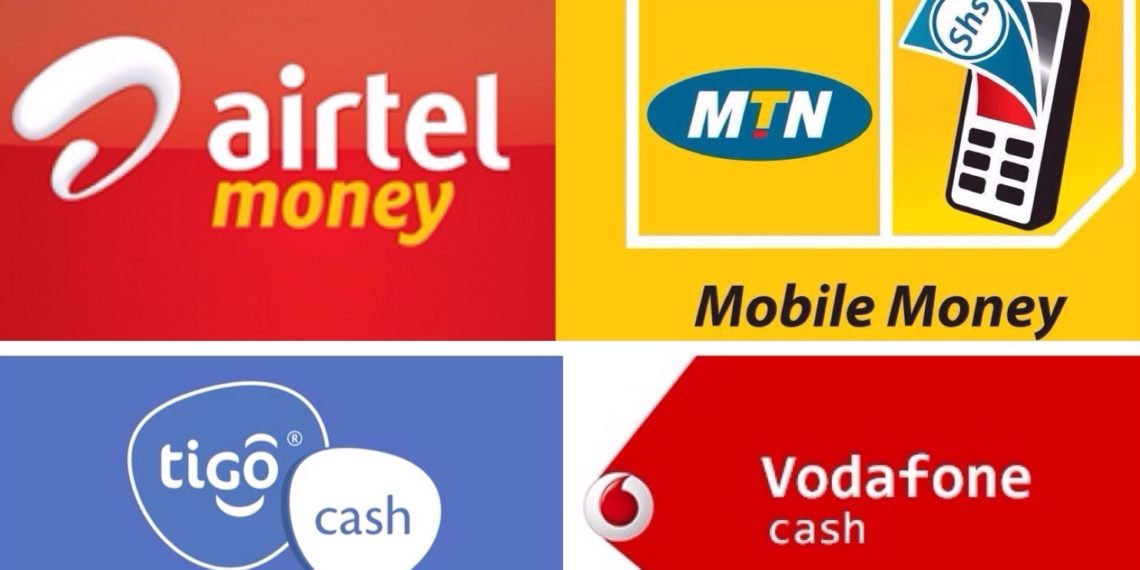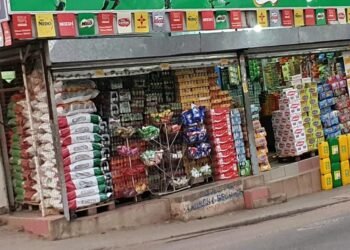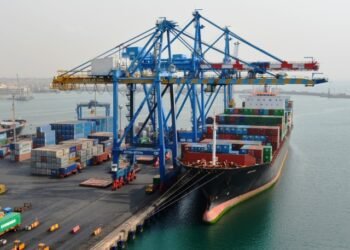Digitization of payments has reached new heights especially in the year 2020 as cashless means of transacting businesses has gained a new sparkle especially with the impact of the Covid-19 virus.
The pandemic in all its nebulous decimation of lives and economies has equally redefined the trajectory of business convenience, client satisfaction, job creation via the cashless system of payment dominating all sphere of life.
Invariably, the significance of telecommunication operators has become even more preemptive in defining the new phase of eroding cash payment to a more convenient cashless alternative. This has given a facelift to not just the culture of engaging in business but also has offered employment opportunities for individuals who would have hitherto been left out in the cold in the job hunt process.
Over the past five years, there has been a gradual shift from cash to digital payments, but for the first time in 2019, digital transactions accounted for the majority of mobile money flows.
According to Global System for Mobile Communications Association (GSMA) state of industry report on mobile money for 2019, “the ratio of digital to cash-based transactions has increased by nearly 50 per cent since 2017 as a larger proportion of money enters and leaves the system in digital form”.
This is a signal that network operators have taken major steps to ensure digital transactions become a part of their customers’ everyday lives.
The Association maintains that more value is circulating in the mobile money system than exiting; another industry first, with the total value in circulation (P2P and merchant payments) reached $22 billion in December 2019, more than doubling over the past two years and significantly surpassing the total value of outgoing transactions ($18 billion).
As such, “by creating more compelling value propositions for MSMEs with business management tools like customer analytics and inventory management, and offering credit lines to agents and merchants”.

In 2019, the number of registered mobile money accounts reached 1.04 billion. With sub-Saharan Africa being the epicenter of mobile money, it added over 50 million registered accounts in 2019. This was driven by strong growth in Western Africa (21 million new accounts) and Central Africa (six million new accounts), as well as steady growth in Eastern Africa (22 million new accounts).
The GSMA also forecasted that account adoption across Sub-Saharan Africa will remain strong and that the region will surpass the half billion mark by the end of 2020.
Their prognosis has become a self-fulfilling prophecy as the current dependence on online payment has become more impactful for individuals, businesses and organizations.
The assessment of the mobile money landscape by GSMA highlights a more clear picture of the gravitas of mobile money entrenchment by asserting that, in these times of crisis coupled with the disruption caused by public preventive measures, mobile money has proven to be an invaluable tool in fostering resilience by facilitating safe and efficient money transfer and payments services.
By this, workers are able to receive wages, “the humanitarian sector is able to disburse humanitarian assistance, the agricultural sector keeps value chains open and users of off-grid solar services can ensure that their phones are fully charged”.
This phenomenon became more apparent during the lockdown season where most purchases and payments were done on online platforms due to restrictions.
Per data gathered from the Bank of Ghana, which chronicles the hike of mobile money accounts registered through to active accounts, registered agents, total number of transactions and value of transactions witnessed a profound acceleration from January to August 2020.
Registered mobile money accounts grew from 33.4 million in August 2019 to 34.5 million in August 2020.
Active agents for August 2019 were within the scope of 199,000 whereas that of August 2020 was 280,000.
Total number of transactions was 175,000,000 in August 2019. This grew steadily over the months to rest at 267,000,000 in August 2020.
Similarly, the total value of transactions for August 2019 was GHC 26.1 billion, paling in comparison to that of August 2020 which was pegged at GHC 56.0 million.
As part of its recommendations central banks in response to COVID-19, GSMA posits that, to facilitate trade and purchase of essential items, including medicine, mobile money providers have obtained regulatory approval for increase in transaction and wallet balance limits.
“This incentivizes small businesses to accept mobile money payments while relying less on cash payments”.
That notwithstanding, it indicated that the widespread panic caused by the present circumstances are likely to lead to liquidity pressures (e.g. difficulty in obtaining liquidity funding from banks due to shorter bank opening hours). Additionally, existing liquidity support initiatives will come under pressure due to limited P2P revenue.
To mitigate the situation GSMA suggested that regulators should Incentivize and encourage the provision of interest-free emergency loans for small businesses, many of whom are agents. Temporarily reduce or remove taxes where appropriate. Ensure that banks make necessary arrangements to make liquidity available to mobile money agents.
“In order to level the playing ground for all providers of essential financial services, regulators should consider declaring mobile money an “essential service” at par with other financial service providers such as banks. This will ensure there is service availability at mobile money cash in and cash out points even as governments tighten COVID-19 emergency responses”.
Irrespective of the teething and inherent challenges within the mobile money services offered by Telco industries, it has propagated an entrenched new way of paying for purchases made and transactions undertaken.























